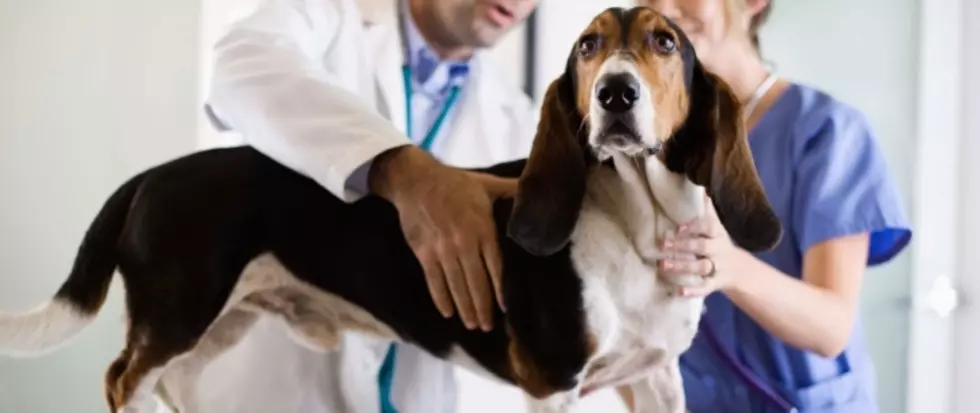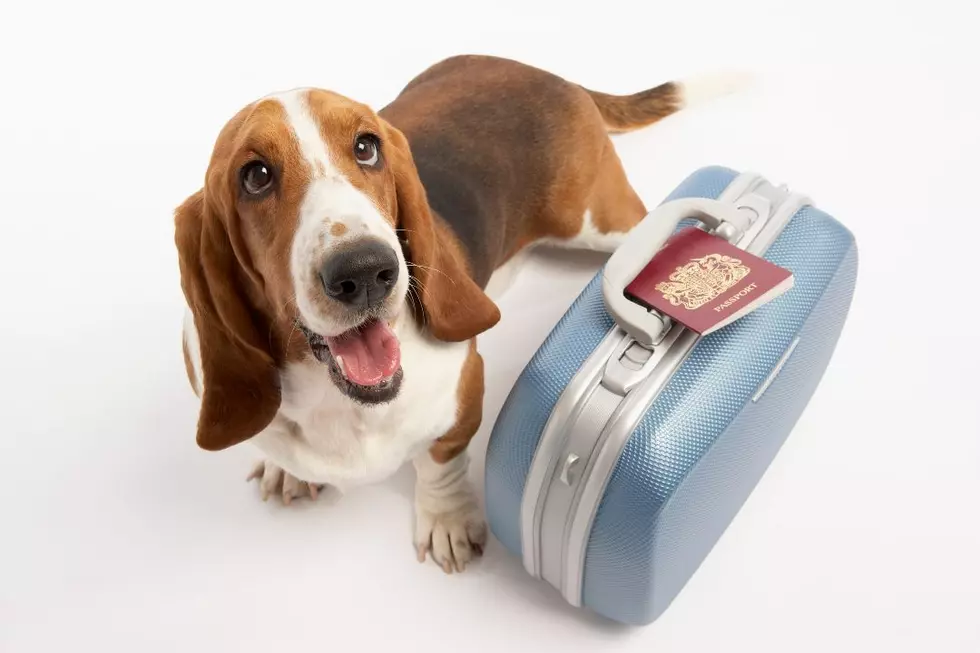
Does Your Dog Reverse Sneeze?
I thought my dog had allergies or worms, but it looks like she's been reverse sneezing!
When my dog Bella started gagging, I had her tested for worms, which came back negative. I told my vet what was happening, and she never mentioned anything about reverse sneezing.
After doing some research, I see it that affects all types of dogs, but more commonly smaller dogs, such as miniatures, Terriers, and brachycephalic breeds( mine is a lasso). It is a “paroxysmal” respiratory response, meaning that it comes in spasm-like episodes.
According to the AKC, reverse sneezing is a fairly common respiratory event in dogs but is rarely seen in cats. It may be the result of irritation or inflammation of the nasal, pharyngeal, or sinus passages. It may be a way for the dog to attempt to remove foreign particles such as dust, powder, or other irritants or allergens from its upper airways. It is also seen after periods of over-excitement.
"Reverse sneezing is characterized by sudden, rapid and repeated inhalations through the nose, followed by snorting or gagging sounds. It can be alarming to an owner but is not known to be harmful to dogs without any underlying conditions (such as heart disease), and most dogs are completely normal before and after a reverse sneezing episode. In dogs that exhibit reverse sneezing, it is not uncommon for them to have repeat episodes of reverse sneezing throughout their lives. "[AKC]
To stop the episode, you can try to hold the dog’s nostrils closed for a second and lightly massage their throat. Gently blowing in his face may also help stop the spasm of the reverse sneeze.


